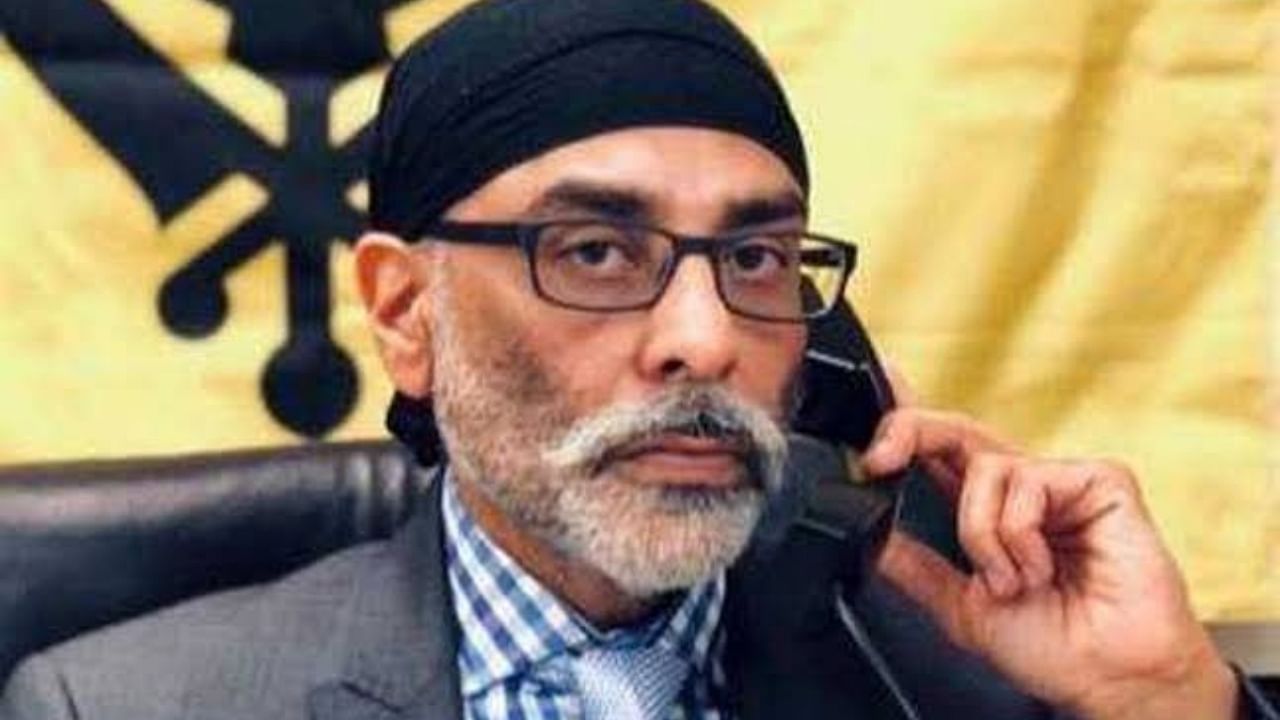
Gurpatwant Singh Pannun, founder of the pro-Khalistan outfit 'Sikhs for Justice'.
Credit: Special Arrangement
The founder of the banned organisation 'Sikhs for Justice', Gurpatwant Singh Pannun, had warned Sikhs in a video urging them to avoid Air India flights starting November 19 due to perceived threats to their safety.
Pannun, who is recognised as a terrorist, has called for a global blockade of Air India operations and demanded the closure of Delhi's Indira Gandhi International Airport on this particular date.
"Don't fly Air India after November 19, your lives may be in danger," Pannu had warned in the video.
The significance of November 19 is underscored by its connection to the birth anniversary of former Prime Minister Indira Gandhi, whose assassination followed the controversial 'Operation Bluestar' in 1984.
Canada's Transportation Minister Pablo Rodriguez confirmed that the federal police are investigating the warnings disseminated in the video.
"We take every threat seriously, especially when it concerns airlines," he told reporters in Ottawa according to media reports.
The Royal Canadian Mounted Police (RCMP) is conducting an investigation, as stated by Rodriguez, who emphasises the seriousness with which they treat any airline-related threats according to media reports.
Pablo Rodriguez said RCMP "is doing an investigation".
On Thursday, India said it will continue to press foreign governments to deny space to such extremist elements.
External Affairs Ministry Spokesperson Arindam Bagchi said that New Delhi strongly condemns such terrorist threats and that it will take necessary security measures.
In the contentious videos, Pannun, serving as the general counsel for the US-based 'Sikhs for Justice', warns Sikhs not to travel with Air India after November 19, hinting at potential risks.
Despite the menacing tone, Pannun insists to Canadian media that his message is not a threat but a call for a boycott against Indian businesses.
The separatist Sikh movement, aiming for an independent state called Khalistan, has seen a decline within India following a violent suppression by security forces in Punjab during the 1980s.
In Canada, where there is a substantial Sikh community of 7,70,000 people, there is a notable focus on the concept of an independent Indian state called Khalistan.
Prime Minister Justin Trudeau recently brought to light allegations of Indian interference in the murder of a Sikh leader, Nijjar, in Canada, resulting in the expulsion of an Indian diplomat linked to the case.
This incident has considerably strained India-Canada relations, with India rejecting the allegations and expressing discontent with Canada's handling of the Sikh separatist.
(With inputs from PTI)